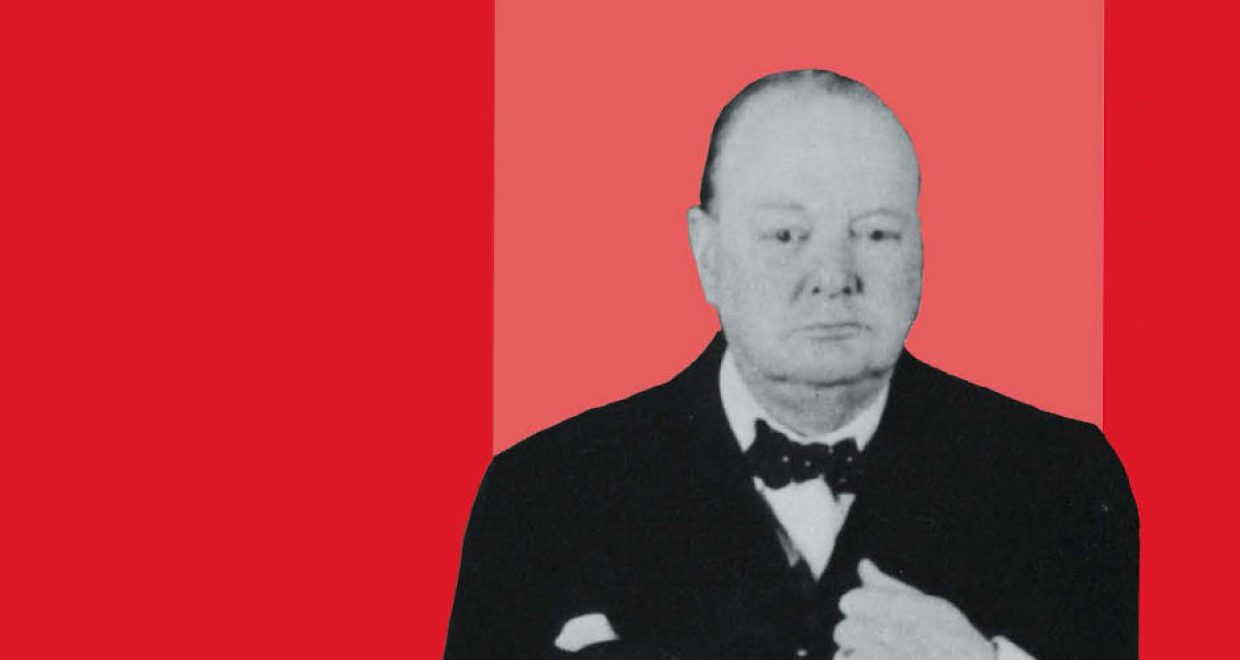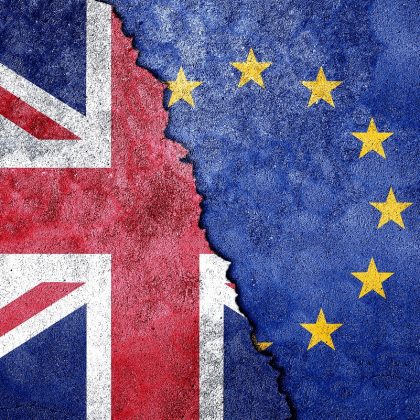Conflict in Cabinet
Margaret Thatcher was brought down by conflicts in Cabinet over Europe. Tony Blair dominated, and circumvented, his Cabinet over Iraq. Theresa May’s inner Cabinet is structurally divided over Brexit. So despite the general tendency to assume that the Cabinet has become a pro forma body unable to manage complex business, it seems that it is still the place where vital decisions on the great issues of the day get fought out. It is unavoidably the highest decision-making body in the land. Joe Wright’s new film Darkest Hour makes this point with startling force, centred as it is around the conflict in late May 1940 between a bullish Winston Churchill, newly arrived in 10 Downing Street to handle a deteriorating military position, and his Foreign Secretary Lord Halifax, concerned that the new facts of Britain’s isolation, its inability to defeat Germany by itself, and the high probability of an invasion, should be faced – meaning that some kind of compromise peace might have to be seriously considered.
This is a riveting clash, personal and political, to which the film does justice without stereotyping either man. We can forgive the one real lapse of taste when Churchill is seen travelling (one stop!) by Tube to encounter some unconvincing vox pop. Yet as this is a drama, not a sober documentary, some issues are unavoidably foregrounded at the expense of others. We see nothing, for example, of what the Labour members of the War Cabinet – Clement Attlee and Arthur Greenwood – were doing and thinking. In the new coalition government they were of extreme importance. It might be thought that they were form anti-appeasers. In fact the record shows that while they allowed Churchill to make the running, at the same time they did not initially dissent from Neville Chamberlain’s line that at some point ‘any reasonable [peace] terms’ might have to be discussed. Being wholly new to government, they were in effect playing a waiting game, rather like Jeremy Corbyn is doing now during the Brexit negotiations.
But the circumstances then were even more serious – and very different in character – from those which the country currently faces. Whereas the debate on leaving the EU, initiated by Britain itself, is highly structured and long drawn out, with known legal and chronological parameters, in 1940 the world was collapsing before the Cabinet’s eyes. France was suffering humiliating defeat, the British army was on the verge of being destroyed or taken into custody, and England seemed next in line for a blitzkrieg attack on sea, land and air. Both situations put a premium on clear leadership, but in 1940 the fluidity of events, combined with Churchill’s strong personality and his record of being right about the Nazis, gave him the scope for setting the direction of policy. Despite the objective facts making it perfectly rational to consider an alternative to the prospect, as Churchill put it, of ‘choking in our own blood on the streets’, he was able to combine a strong emotional lead with the institutional advantages of the premiership to insist on unqualified resistance. This made it impossible for Halifax and Chamberlain, already crippled politically and psychologically by the failure of their pre-war foreign policy, to insist on a line which could all too easily be labelled ‘surrender’. Talk of trading away Gibraltar and Malta, after all, automatically called into question the historic domination of the Royal Navy in the Mediterranean and hence of the Empire on which British survival still depended.
Churchill was therefore able to paint his own picture of the future on a new canvas. Although he felt the need to ease the path for Halifax through (intermittent) personal courtesy, he was never going to let go of the initiative or be deflected from his path. This should not disguise the fact that his approach was certainly a massive enormous gamble. Had the Wehrmacht pressed home its advantage at Dunkirk, or had the Luftwaffe persisted a few months later with the bombing of British fighter bases, the country would have been at Hitler’s mercy. But Churchill’s relentless optimism enabled him to present setbacks as victories and to stiffen the home front’s sometimes shaky morale. It also enabled him to see off contemptuously the peace feelers which continued to arrive, culminating in Hitler’s offer in his Reichstag speech of 19 July. This the Cabinet did not even get to consider until after Churchill had already issued orders for it to be disregarded.
All this is not to say that the War Cabinet became a merely ceremonial institution, as it did at times under Tony Blair. Between 1 May – 31 July 1940 (92 days) it met 108 times. Later on, it proved capable of generating the discussion of longer term war aims and post-war reconstruction, despite Churchill’s impatience. It is, rather, that the policy environment at that moment, domestic and international, was so fast-moving, and with such high stakes, that it bestowed an advantage on a powerful figure with a clear idea of where he was going, putting the other ministers, already divided by their different pasts and parties, on the back foot. The PM also, of course, was able to exploit his privileged access to information, to the chiefs of staff and even to the situation on the ground – flying as he did to Paris during the very fall of France.
Darkest Hour makes a wonderful change from the usual Hollywood diet of car chases and rom coms. It puts politics, and the vital choices which democracies have to face, at the heart of its drama. Still, there is more to the historical record than could ever be shown on the screen. The interested reader will find a detailed analysis of Britain’s major foreign policy decisions during this extraordinary period in my book Cabinet Decisions in Foreign Policy: the British Experience October 1938-June 1941. More particularly, the dramatic decisions of the ‘darkest hour’ are dissected in Chapter 6, ‘To continue alone?’, which is made freely available HERE.
Christopher Hill, FBA, is the Wilson E. Schmidt Distinguished Professor of International Relations at SAIS Europe (Bologna), and also Emeritus Professor of International Relations in the Department of Politics and International Studies, Cambridge. He is the author of many books and articles dealing with the making of foreign policy, especially in Britain and other European states.






